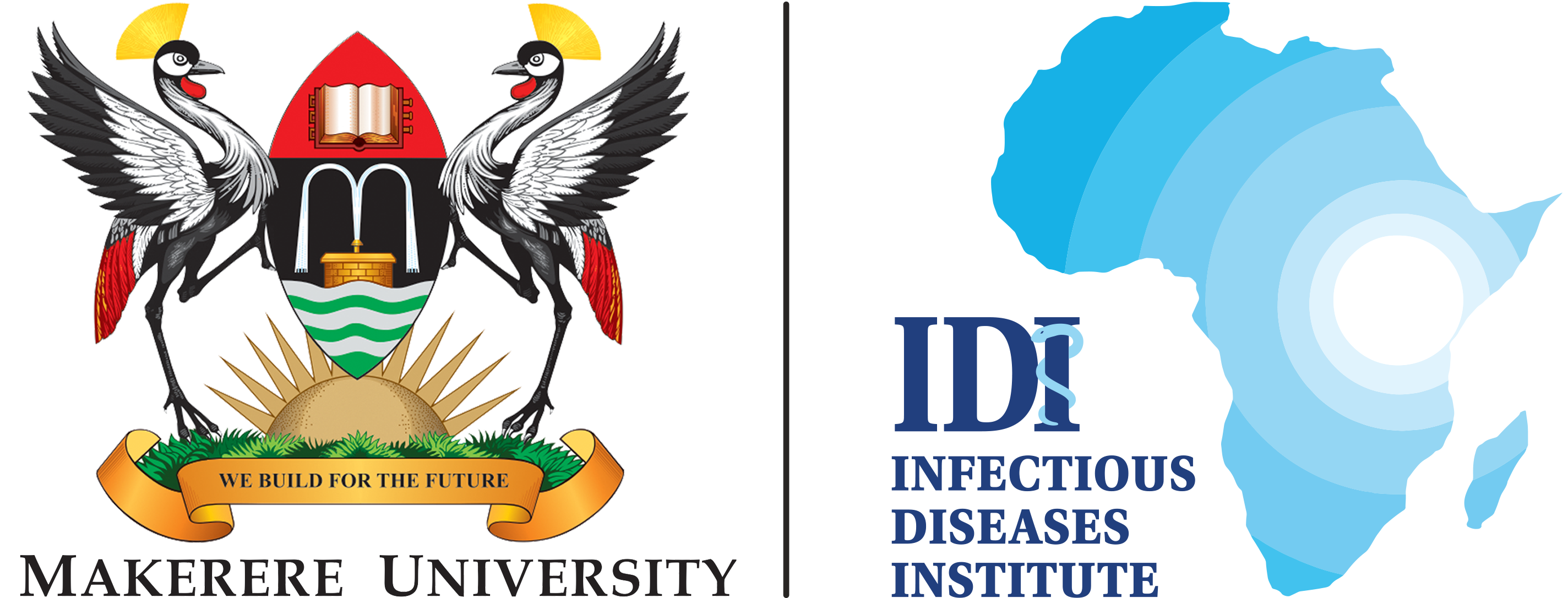- Associated Links
-
-
Our united network of partners and institutions share a vision for excellence, innovation, and impact. Together, we harness our combined strengths to create meaningful change.
-
-
-
- Careers
-
-
Our people are our greatest asset. We foster a thriving environment where everyone can flourish and make a difference. Join us in driving innovation and positive change through fulfilling career opportunities.
-
-
IDI’s Global Health Security Strategic Focus
“We must simultaneously work to finance health security, strengthen health systems, and create early warning systems to prevent, detect and respond to future biological threats—because they will keep coming.”
— xxx

We know we can effectively stop outbreaks and save lives, even when the disease is fast-moving and deadly. Investments in core areas of public health have shown to make a difference in stopping deadly outbreaks. However, across the globe, dangerous gaps in public health systems still exist. About 70% of the world’s countries—majority in Africa—report that they are not fully prepared for an outbreak.
IDI’s Global Health Security (GHS) Programme seeks to prevent and mitigate the increasing occurrence and severity of epidemics, pandemics and other emerging infectious disease threats. We do this by partnering with countries, as well as global, regional, and local public and private sector organizations.
Since inception of GHS programme—when the most widespread Ebola outbreak in history hit West Africa and in turn galvanized global action around strengthening infectious disease prevention, detection and response capabilities –IDI has invested more than $1.6 billion to ensure the necessary systems are in place to prevent, detect, and respond to emerging infectious disease threats wherever they exist. IDI’s areas of investment include:
Prevention of Antimicrobial Resistance
We work to combat the rising threat of Combating Antimicrobial Resistance (AMR) by promoting responsible use of antibiotics, the development of new antimicrobial products, and advocating for global action to mitigate the emergence and impact of drug-resistant pathogens.
The programme continued to support the Ministry of Health, Ministry of Agriculture, Animal Industry and Fisheries and other government departments to fill gaps identified by the 2017 Joint External Evaluation (JEE) while maintaining gains achieved in implementation of the Global Health Security Agenda. These include the Human Health AMR Surveillance Plan (2019-2023), Clinical Protocol for Case Based and Syndromic AMR Surveillance, Site Manual for implementation of AMR surveillance; Animal Health AMR Surveillance Plan and the MAAIF protocol for Implementation of AMR Surveillance in poultry. Uganda continue to report country AMR surveillance data to the WHO Global Antimicrobial Surveillance System (GLASS).
Laboratory Biosafety and Biosecurity
The ability of laboratories to test specimens and return results quickly and accurately is critical to enabling countries to rapidly identify and respond to infectious disease outbreaks and other health emergencies. IDI supports policies and initiatives and engage with international partners to safeguard against accidental release, theft, or illicit use of dangerous pathogens. Our experience Global Health Security team has supported the Ministry of Science, Technology and Innovation to advocate for the development of a legal oversight system for biosafety and biosecurity to promote a shared culture of responsibility, reduce dual use risks, pathogen control measures and mitigate the risk of their deliberate and or accidental spread to human and animal populations. The National Biobanking Policy guidelines were developed, and the Annual Biosafety and Biosecurity audit supported.
Leveraging on capacities strengthened through the US PEPFAR, the US CDC-funded Global Health Security Partner Engagement Project and the Fleming Fund Country Grant we strengthened the country’s laboratory capabilities to detect priority diseases particularly zoonotic diseases and antimicrobial resistance. This involved the improvement of microbiology testing capacities through Laboratory Quality Management Systems, infrastructure and equipment enhancement.
Epidemic Intelligence and Community Health
We work at the domestic-international interface by collaborating with national and international partners to develop policies and plans to improve coordination and facilitate the provision of assistance during public health emergencies with both domestic and international implications.
Over the years, IDI has supported Uganda and other African countries in preparedness, prevention and control measures for outbreaks including Ebola Virus Disease. Following the spill-over of an Ebola case from the Democratic Republic of Congo into Kasese in Uganda, an innovative infection prevention and control approach informed by risk mapping based on population movement and connectivity assessments was conducted in 21 Ebola high risk districts. Lessons from Kasese were integrated into the West Nile One Health project to develop a district-based model for preparedness and response. This model consists of four key components:
- Activation and strengthening of district preparedness,
- Response and coordination structures;
- Case management and IPC;
- Surveillance and border health and laboratory systems strengthening.
Through the JMEDICC and CAPA-CT projects, IDI established a core team that can integrate with national outbreak response teams to support clinical management of severely ill patients with infections of outbreak potential. Our global health security team developed a capacity-building model for acquisition of competencies for enhanced laboratory biosafety and infection prevention and control for case management. This was tested through drills and simulation exercises. Over 40 health workers were trained as part of efforts to build a surge response force. The programme also supported the CCHF outbreaks in Masindi and Jinja and Anthrax in Kween.
LISTINGS
For more information on IDI’s Health Systems Strengthening Programme contact,
Francis Kakooza Ag.Head of Global Health Security Email: ghs@idi.co.ug Telephone: +256 312 211 422

